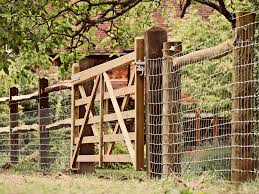
Category: Policy & Business

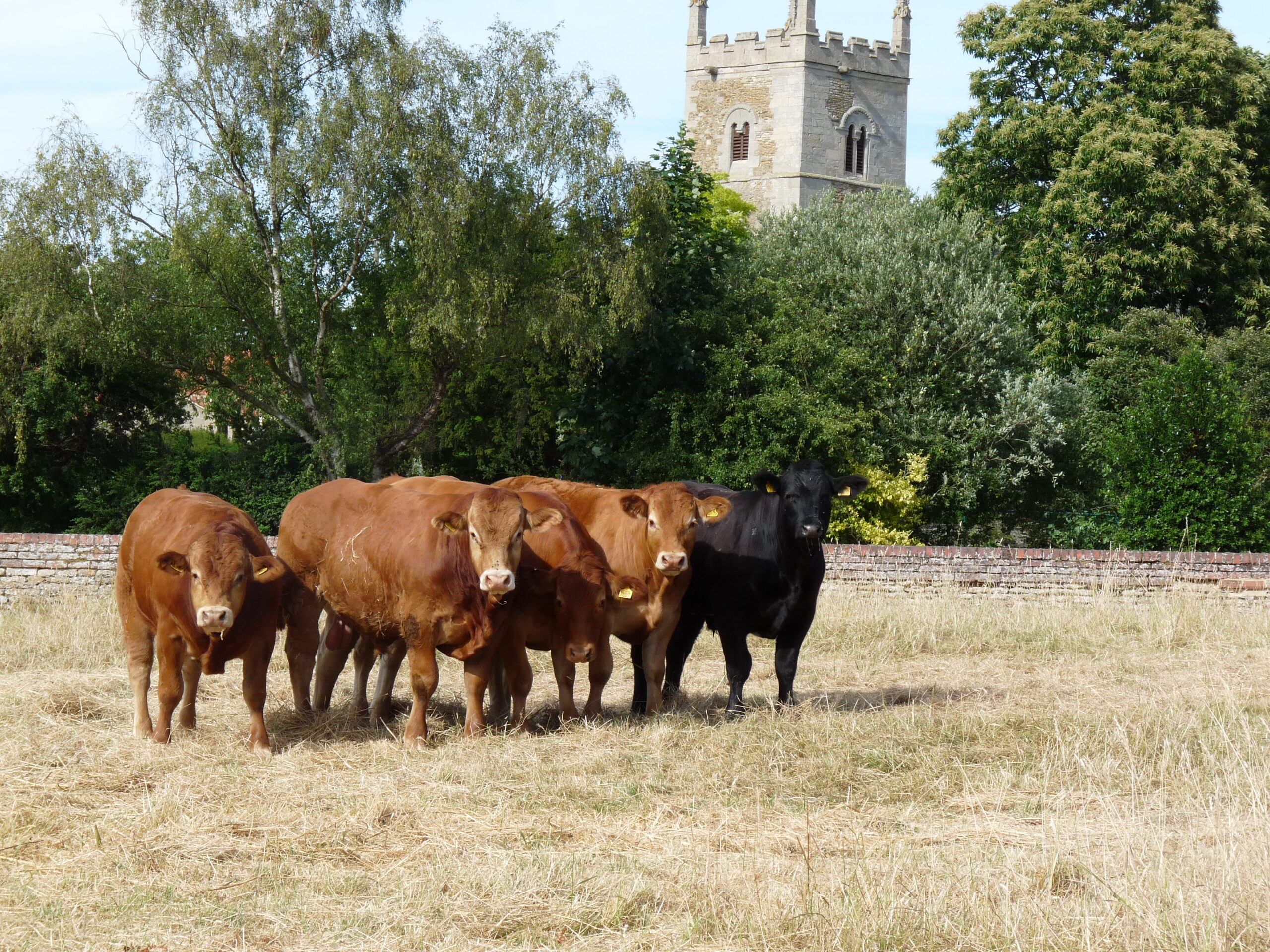


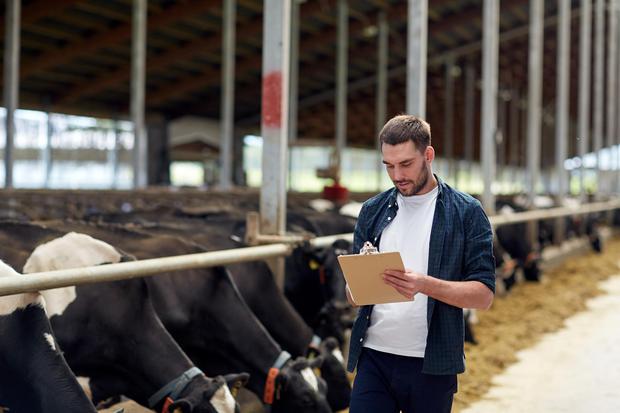
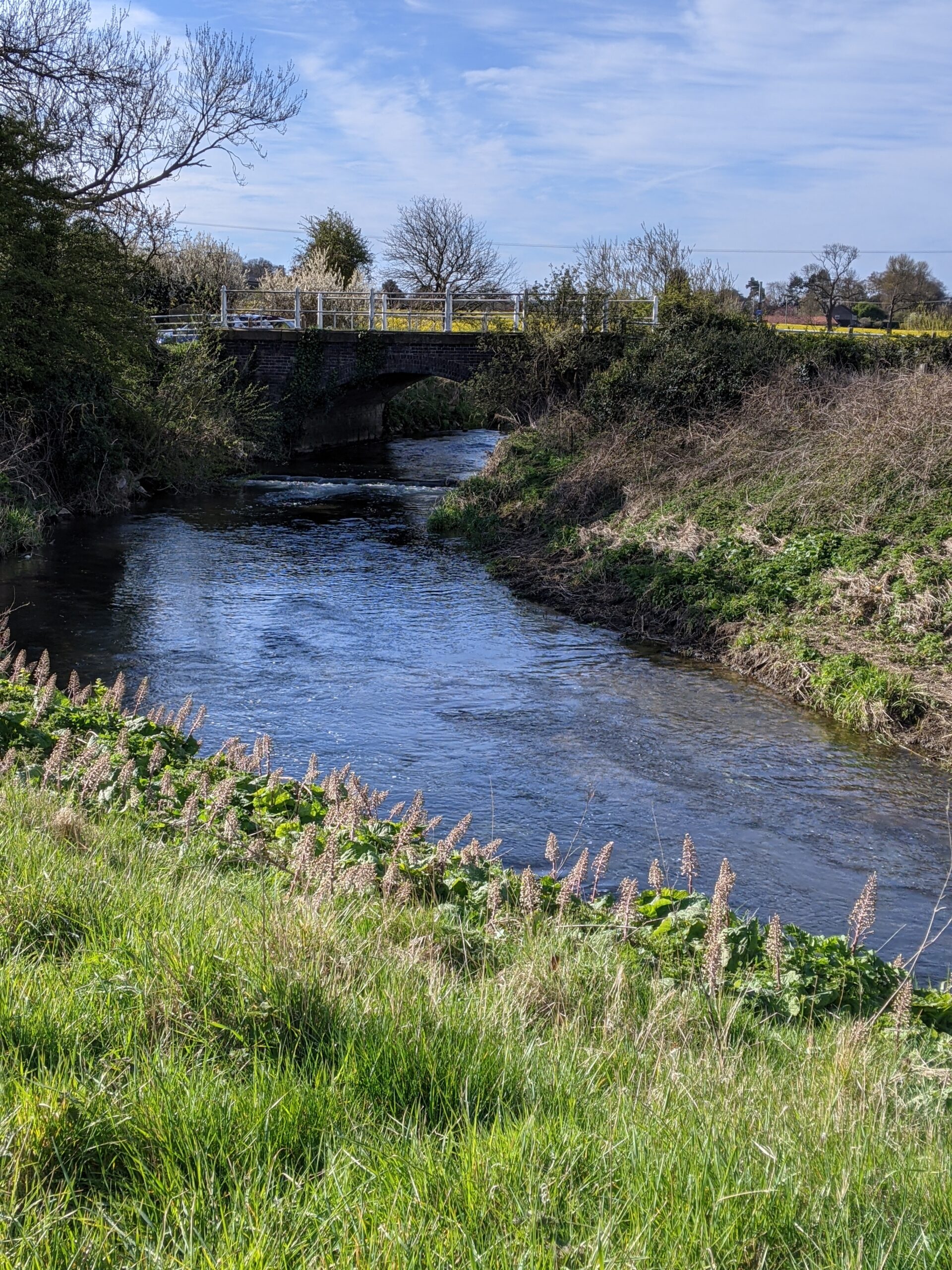


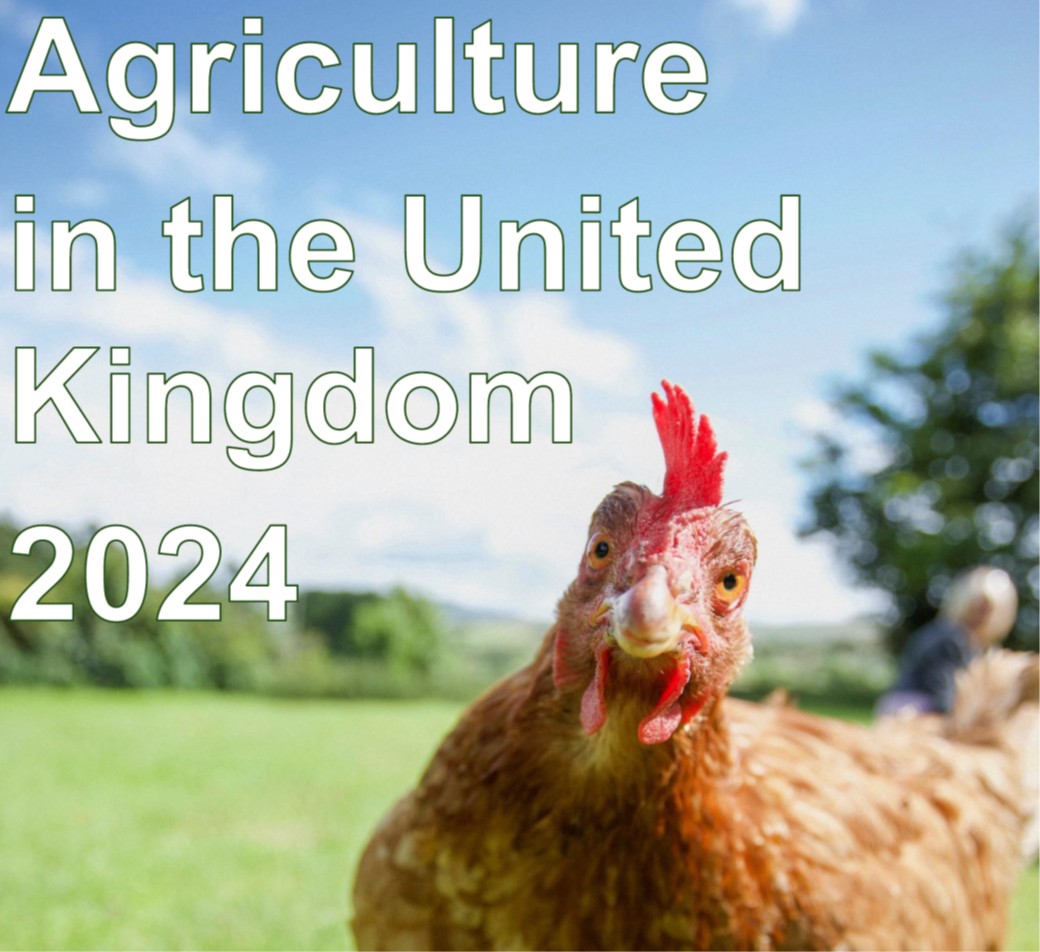
Capital Grants: 50% Spent
According to Defra, half of the budget for the capital grants scheme has already been ‘allocated’. The scheme only opened on the 3rd July, with £150m worth of funding. But, according to a Blog post on the 22nd July (see https://defrafarming.blog.gov.uk/2025/07/03/capital-grants-now-open-for-applications/) 50% of the funding has now gone. This seems rather odd for a number of reasons. Firstly, there is now a limit on how much can be claimed under each application (see https://abcbooks.co.uk/capital-grants-offer-england/) – therefore the funds cannot have been mopped-up by a few very large claims, as in the past. Secondly, many grant items require Catchment Sensitive Farming Officer (CSFO) approval which can be slow to achieve (although some applicants may have ‘banked’ this beforehand). Lastly, we have heard of very few applicants that have actually received an agreement offer. Perhaps Defra is monitoring spending through applications rather than funds actually committed. In any event, those that want to take advantage of this scheme would be well-advised to get applications in early.
This scheme is Capital Grants for environmental works – sitting alongside ELM revenue schemes. It could really do with a better name as it is not very descriptive and tends to get confused with other capital grants. For example, there was misunderstanding in some quarters soon after this scheme opened as the Farming Equipment and Technology Fund (FETF) capital grant scheme was due to close on the 10th July. Some believed that this meant the environmental Capital Grants were ending.
